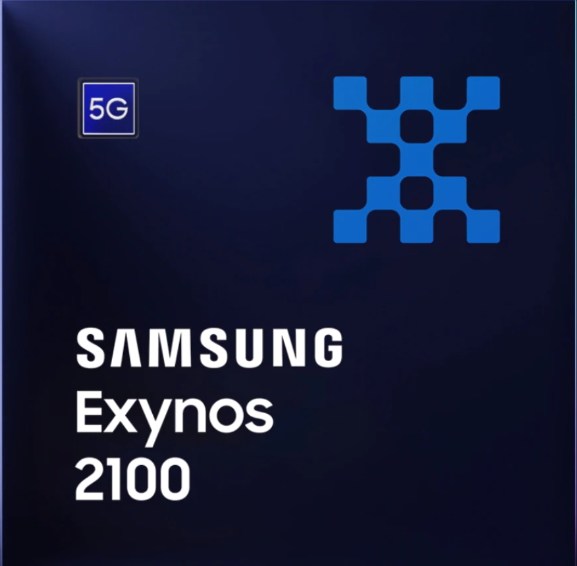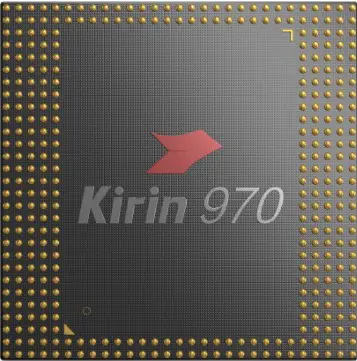Samsung Exynos 2100 vs Hisilicon Kirin 970
We’ve meticulously compared the recently released
Exynos 2100 vs Kirin 970
SoCs, developed by
Samsung and Hisilicon respectively. This
comparison focuses on the pros and cons of their
8-core CPUs,
backed by performance metrics
from Geekbench, Antutu, and
3DMark benchmarks, and technical
specifications.
Review
General comparison of performance, power consumption,
and other
indicators
CPU Performance
Evaluation of Single-Core and
Multi-Core Processor Performance
Gaming Performance
Gaming and OpenCL/Vulkan
Performance of the Graphics Processing Unit (GPU)
Battery life
Energy Efficiency in Battery Usage
Tech Insist Score
Overall Performance Rating of the
Chip
Key Differences
Main differences and advantages of each chip
Pros of Exynos 2100
Pros of Kirin 970
Benchmarks
Evaluating performance through competitive testing in
leading benchmarks.
AnTuTu 10
The AnTuTu Benchmark evaluates CPU, GPU, RAM, and I/O
capabilities across various scenarios.
CPU
202484
77046
GPU
285430
90560
Memory
123653
66398
UX
140161
59977
Total score
751728
293981
GeekBench 6
The GeekBench test shows raw single-threaded and
multithreaded CPU
performance
3DMark
A cross-platform benchmark that assesses graphics
performance in Vulkan
(Metal)
3DMark Wild Life Performance
Stability
66%
80%
Graphics test
33 FPS
6 FPS
Score
5655
1050
Specifications
Full list of technical specifications of Exynos 2100 and Dimensity
9300
Architecture
1x 2.9 GHz – Cortex-X1
4x 2.36 GHz – Cortex A73
Cores
8
8
Base Frequency
2200MHz
1840MHz
Turbo Frequency
2900MHz
2360MHz
Instruction set
ARMv8.4-A
ARMv8-A
L2 cache
-
-
L2 cache
-
0.5 MB
L3 cache
-
2 MB
Process
5 nanometers
10 nanometers
Transistor count
-
5.5 billion
TDP (Sustained Power Limit)
9 W
9 W
GPU name
Mali-G78 MP14
Mali G72 MP12
Architecture
Valhall 2
Bifrost
GPU frequency
760 MHz
850 MHz
Pipelines
14
12
Shading units
224
192
Total shaders
448
384
FLOPS
976 Gigaflops
347 Gigaflops
Vulkan version
1.1
1.0
OpenCL version
2
2.0
DirectX version
12
12
Neural processor (NPU)
AI Engine with Triple-core NPU and DSP (26 TOPS)
Dedicated NPU
Memory type
LPDDR5
LPDDR4X
Memory frequency
3200 MHz
1866 MHz
Bus
-
-
Max bandwidth
51.2 Gbit/s
29.8 Gbit/s
Max size
16 GB
8 GB
Storage type
UFS 3.1
UFS 2.1
Max display resolution
4096 x 2160
3840 x 2160
Max camera resolution
1x 200MP, 2x 32MP
1x 48MP, 2x 20MP
Video capture
8K at 30FPS, 4K at 120FPS
4K at 30FPS
Video playback
8K at 60FPS
4K at 60FPS
Video codecs
H.264, H.265, AV1, VP9
H.264, H.265, VP8, VP9, VC-1
Audio codecs
AAC, AIFF, CAF, MP3, MP4, WAV
32 bit@384 kHz, HD-audio
Modem
Exynos Modem 5200
-
4G support
LTE Cat. 24
LTE Cat. 18
5G support
Yes
No
Download speed 5G
Up to 7526 Mbps
-
Download speed 4G
Up to 3072 Mbps
Up to 1200 Mbps
Upload speed 5G
Up to 3758 Mbps
-
Upload speed 4G
Up to 422 Mbps
Up to 150 Mbps
Wi-Fi
6
5
Bluetooth
5.2
4.2
Navigation
GPS, GLONASS, Beidou, Galileo, NAVIC
GPS, GLONASS, Beidou, Galileo

